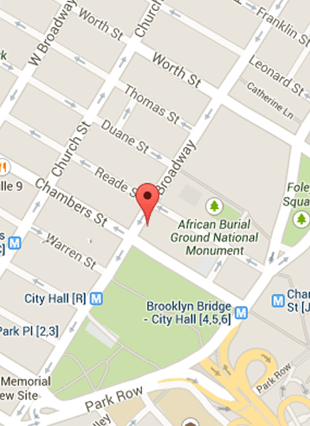On Page versus Off Page SEO: What You Need to Know to Build Online Success

When it comes to search engine optimization (SEO), there’s a great deal to master.
It forms the basis of online visibility and is the key to generating organic traffic to your website from search engine searches. However, there’s more than one type.
- On page SEO refers to the efforts you put in on your website itself – the keywords you implement within the content, the structure of your pages, the tags on your images, and more.
- Off page SEO refers to your efforts off of your website.
Which is more important, and how do you know what you should be doing in that area?
Let’s take a closer look at each of these and where you should be focusing.
On Page SEO Trumps Off Page SEO… At Least At First
When it comes to search engine optimization, on page trumps off page, at least in the beginning. You need to take care of your website before you can start building links back to it.
What does this mean?
Simply put, you need to ensure that your website is built, up and running, and fully optimized (all on page SEO elements) before you start worrying about anything related to off page optimization. What do you need to consider here?
Keywords for Content
One of the first and most important things to consider are the keywords you’ll use in your content. Keywords are nothing more than words or phrases that consumers would use to find products or services like yours through Google, Yahoo or Bing.
You’ll need to research your audience and determine which keywords and phrases matter most to them (and you). Then, you’ll need to figure out which are the most competitive, so that you can avoid targeting them.
A note on keyword competition:
If you’re not familiar with the concept, keyword competition is a term that applies to the rate at which other businesses target the same keywords. For instance, “running shoes” would be highly competitive, but “women’s running shoes in Sheboygan” would be much less competitive.
Once you’ve settled on your keywords, they need to be added to your content. And by that, we mean all of your content. Your entire site’s content should be written with keywords in mind, but you shouldn’t overdo it.
Google has become very picky about keyword density and over-optimizing. Ideally, you’ll utilize your keywords correctly and hit a natural density (no more than 1%).
Areas of Optimization
You’ll also need to ensure that you’re optimizing your entire website. This goes much further than just the page content. You need to optimize everything from page names to image tags. It’s crucial that you take the time to dig through your site architecture and view it all with a critical eye.
- Has each area been optimized?
- Is any area over optimized?
- Have you targeted not just your basic keywords and phrases, but long-tail variants, as well?
- Is your menu easy to navigate, with page names that capitalize on keywords?
- What about the URLs for each page – do they make sense and use appropriate keywords?
- What about your individual product pages or service pages?
These are just a few of the areas that you’ll need to optimize before worrying about off page SEO.
Building Content
In Google’s eyes, content is the most important thing about your website.
The more content you have (appropriately optimized with keywords, of course), the better you’ll rank in organic searches for those keywords. So, you need to take the time to build out that content before you start worrying too much about off page SEO.
Focus on blog posts, product tutorials, adding whitepapers and reports, subpages for your products or services, and more.
Build content and you’ll find that your rank rises naturally over time.
Off Page SEO
Now we come to off page SEO.
- What is it?
- Why does it matter?
- When should you start worrying about it?
Really, off page SEO is nothing more than link building with other websites. You need links to your site from other websites that Google already ranks highly for related areas.
Another way to think about off page SEO is that it is all about your online reputation. It’s based on content located off of your website that relates to your website, and helps Google determine your website’s authority and ranking.
Here’s an example.
You’ve spent a great deal of time building content on your website, but you have also focused on content marketing off of your website, through Facebook, guest blogging and the like. Google likes your site and sees it as being pretty authoritative, because of the significant amount of content linking back to it.
In contrast, your competitor has spent all of his time building content on his website, and hasn’t focused on off page SEO at all. Google doesn’t rank his site as highly, because there is little information off of his website that Google trusts.
Ideally, you’ll begin off page optimization efforts shortly after building your website, once your basic structure is optimized and in place. Off page SEO is never finished, and it is a slow game – you’ll have to continue working on it forever, basically.
You need to focus on inbound links to your website, building a presence on social media, promoting content through social channels, guest blogging and other elements in order to cement this background information.
In the end, on page SEO is the primary concern for all business owners, but off page SEO is just as important. It simply comes a little bit later. However, while on page optimization efforts might largely end, other than blog posting on a regular schedule, off page optimization will never stop.




